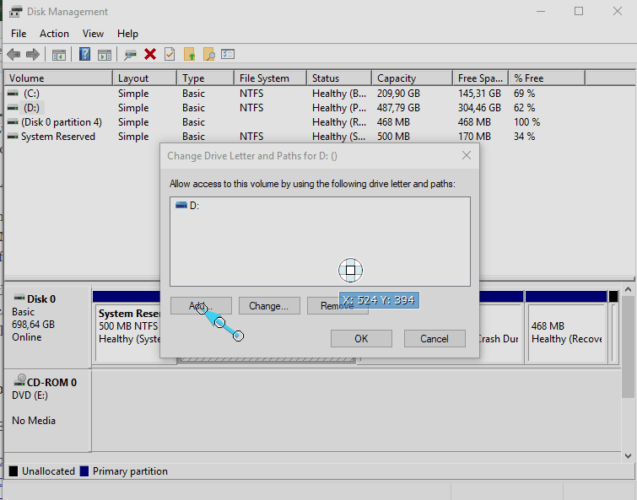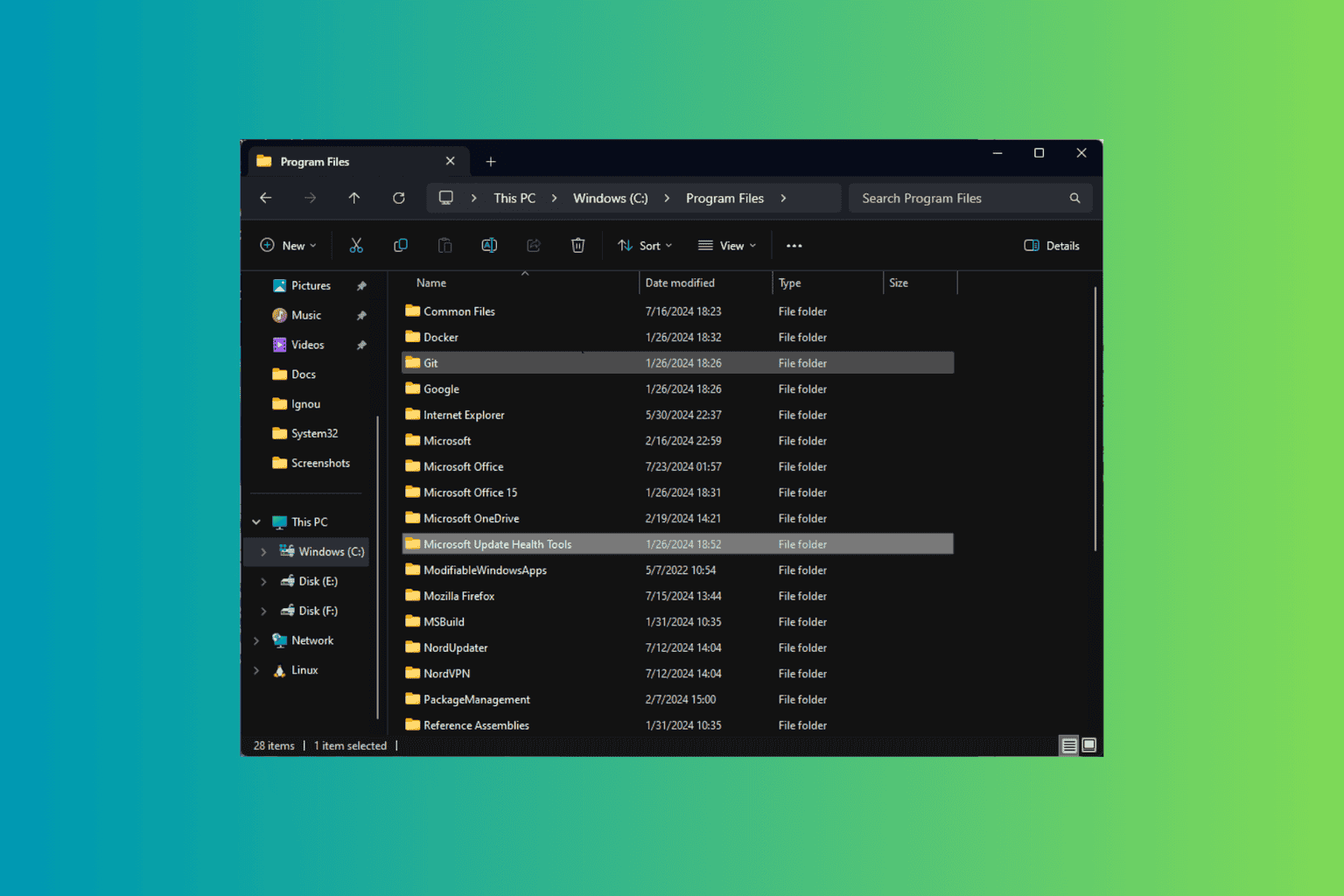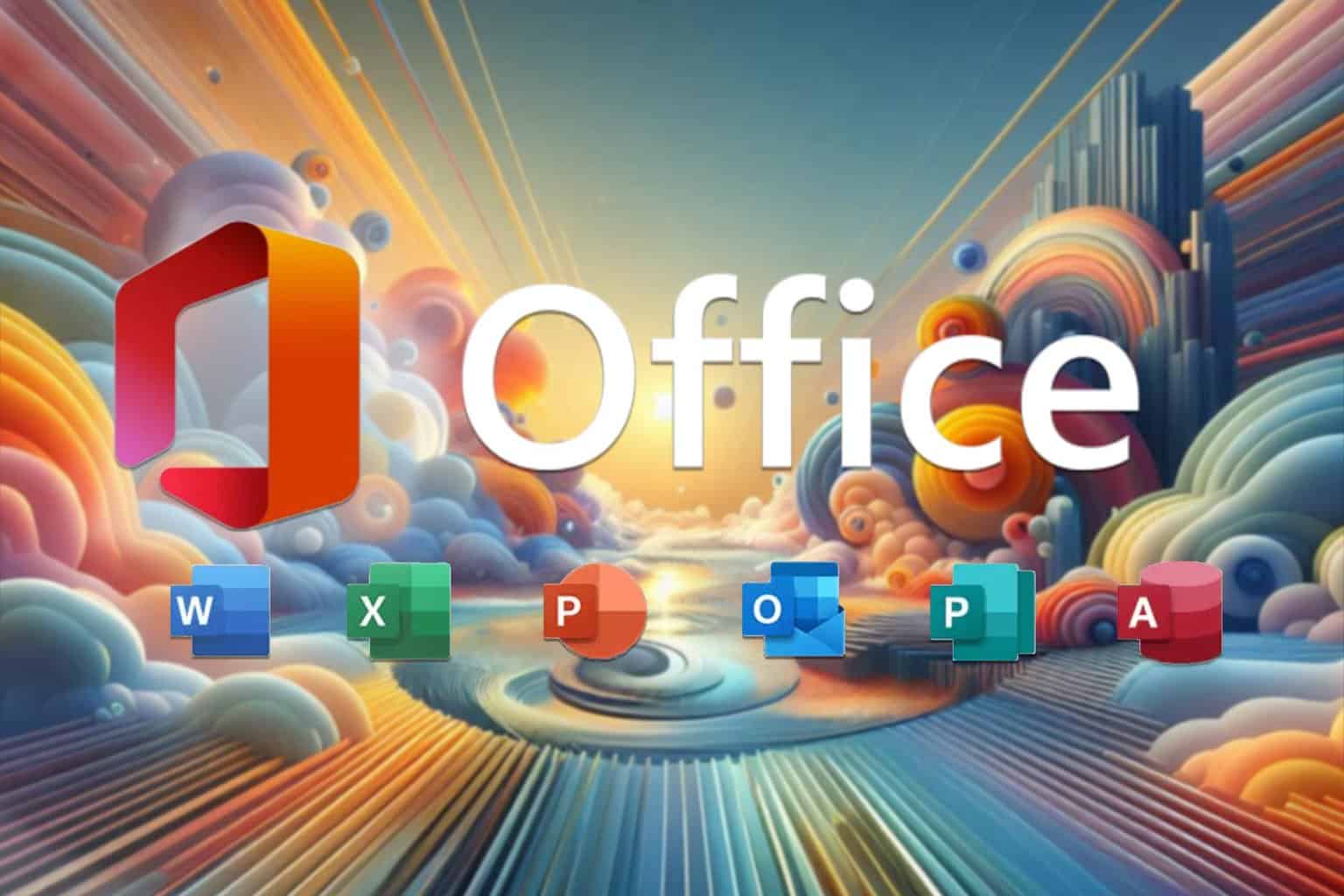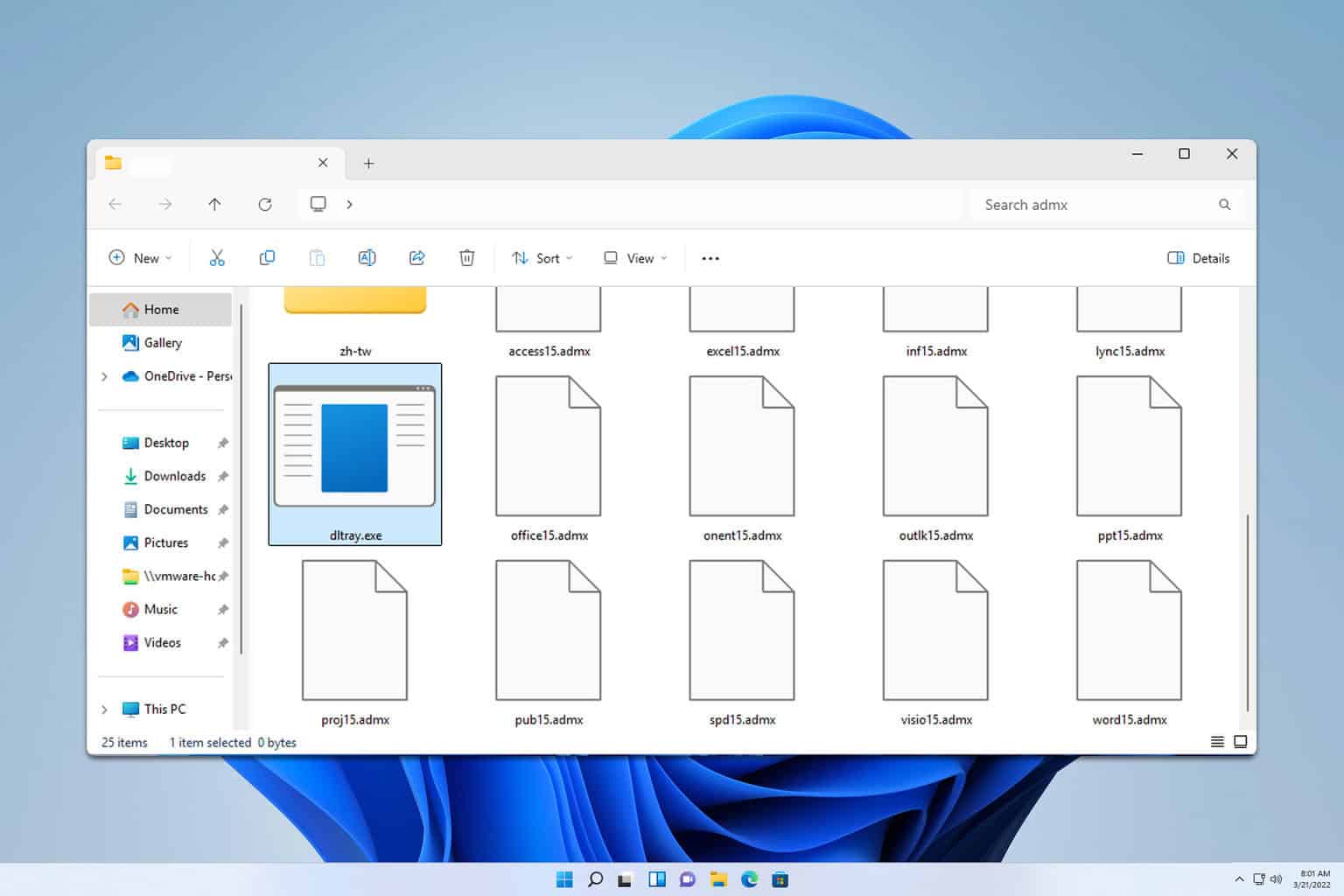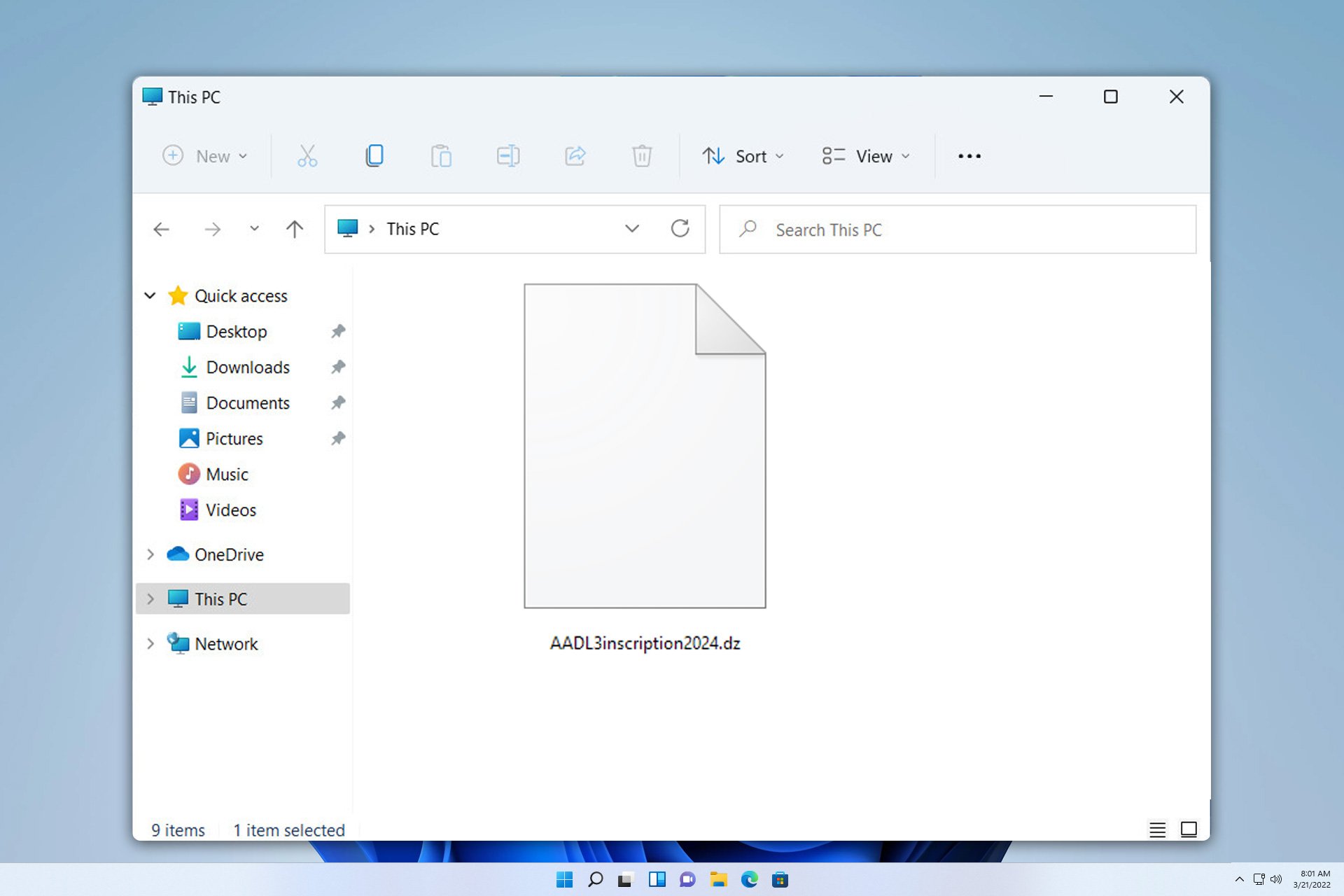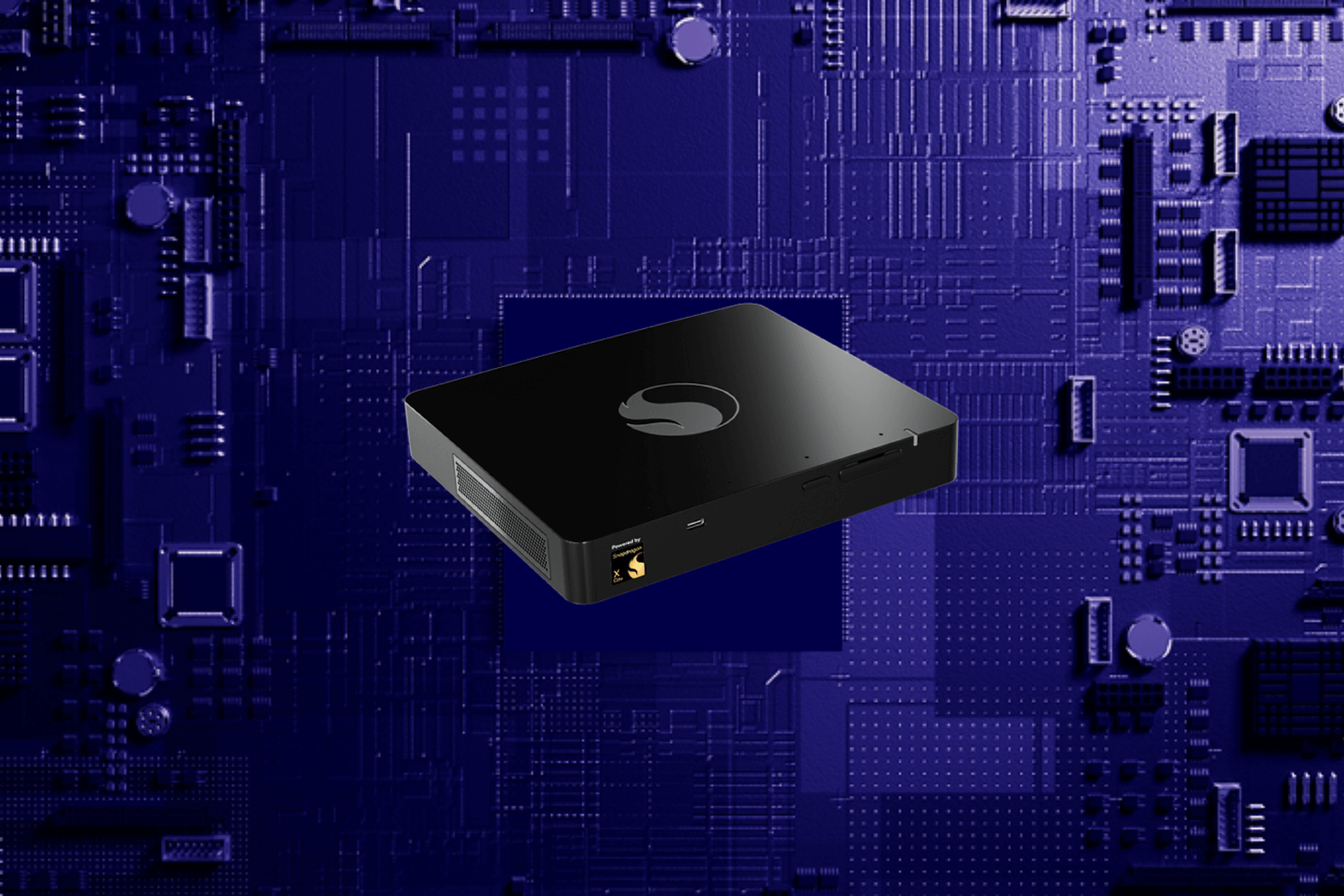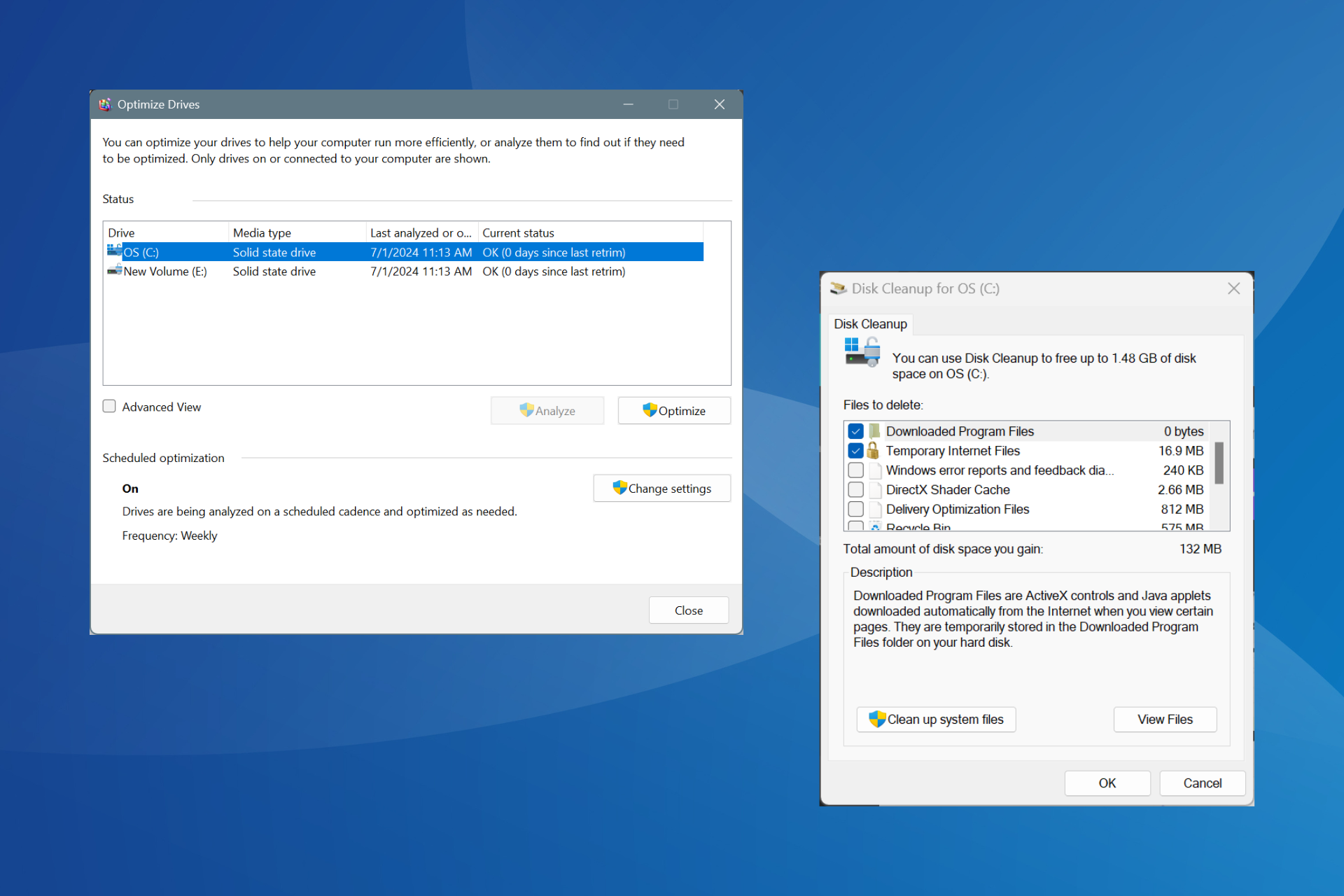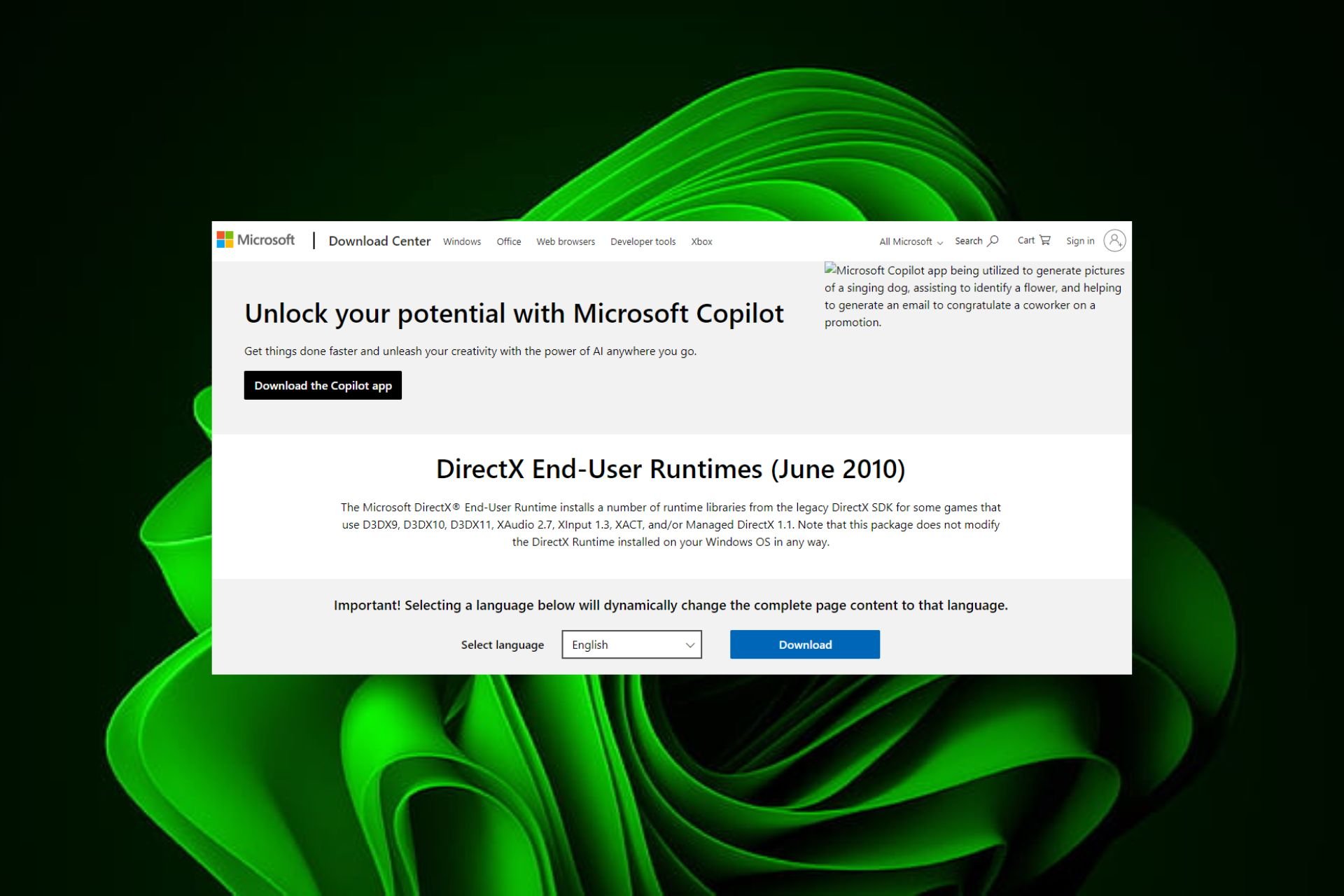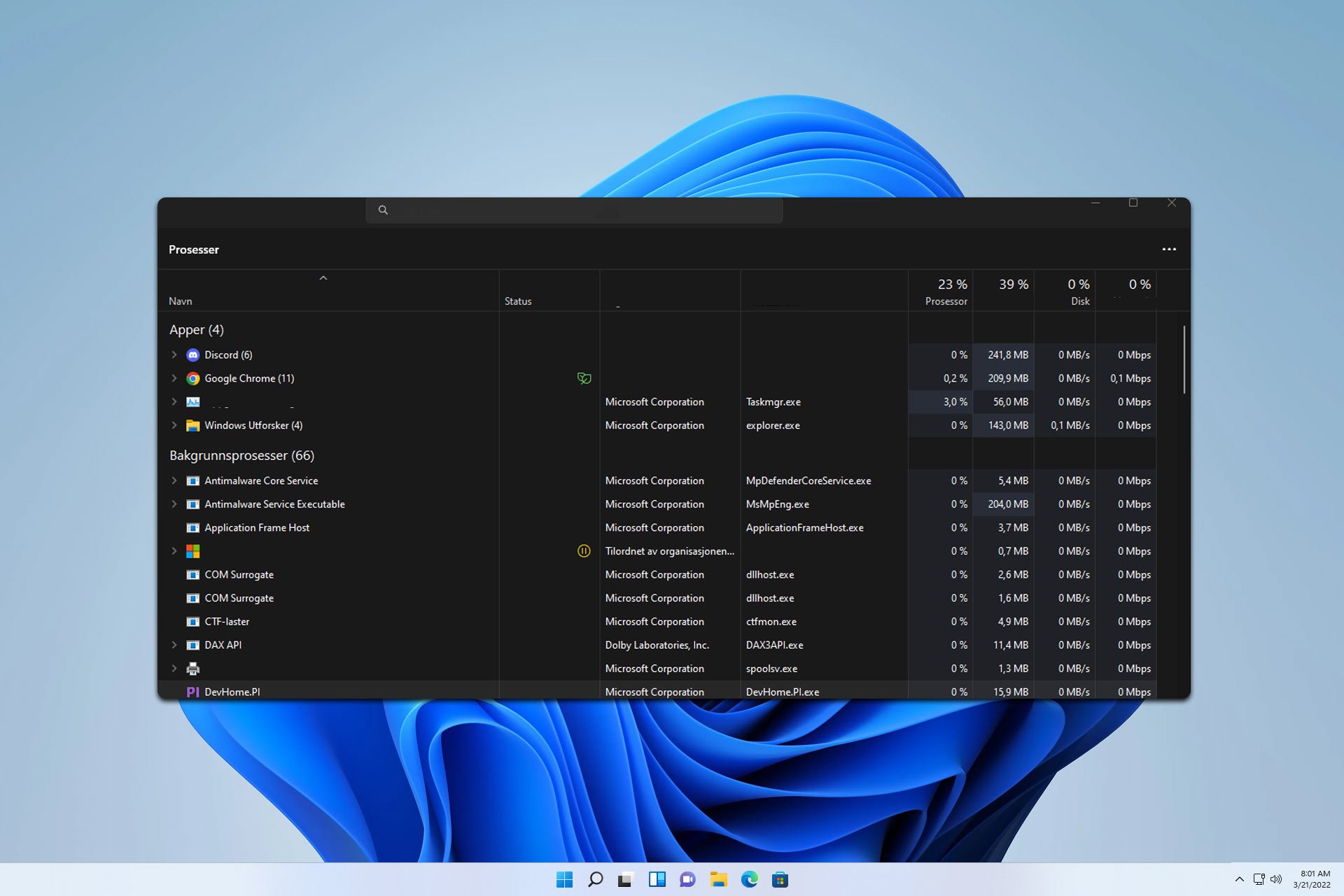Is it Safe to Use a Second-Hand HDD?
Additional storage on a budget
6 min. read
Updated on
Read our disclosure page to find out how can you help Windows Report sustain the editorial team Read more
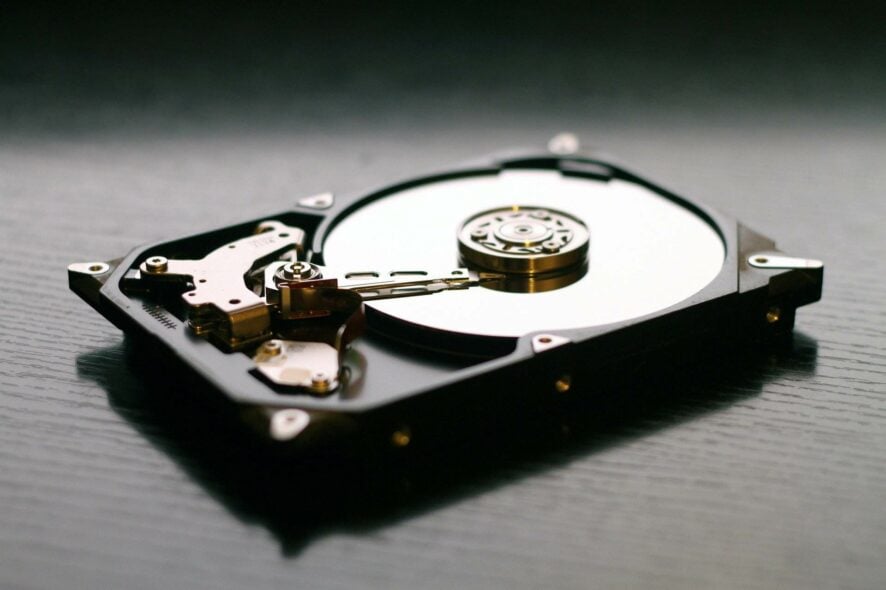
An HDD is an essential component for your PC, so if yours has failed but you can’t afford a new one, you should consider second-hand HDDs.
An HDD can be reused as long as it is not damaged. Most HDD errors are bad sector-related, which can be fixed with software. Even if it is damaged, the extent of the damage should be established and evaluated to determine whether components can be reused.
Even though an HDD has an operational lifespan, it’s good to go if it’s in excellent working condition and has been reformated for reuse.
Factors to consider before using a second-hand HDD
- Health – The health of the HDD should be your main concern. Because HDDs are prone to suffer from physical damage, wear and tear should be easy to tell. However, you may need to check the complete symptoms list of a failing HDD to make a decision.
- Reliability – If you’re using your second-hand HDD as a secondary HDD for non-critical data, optimal performance is a good benchmark. However, if you’re looking to store critical data, you must test how reliable it is.
- Security – It is important that the previous owner gets rid of their data completely before handing it over. The last thing you want is to put your data at risk from being infected with unknown viruses from residual data.
- Compatibility – While the cost may make the purchase attractive, you also have to consider whether the HDD will be compatible with your device. RAID compatibility and interface type are some of the aspects to look out for.
What are the pros and cons of using a second-hand HDD?
Pros
1. Cheaper option
Second-hand HDDs are attractive because they are affordable, as new ones cost quite a penny. Most regular PC users are okay with the integrated HDD, but continued usage can strain the HDD and cause things to slow down.
A second-hand HDD can help even out the workload and unburden your primary HDD. If your PC was slow, introducing a second-hand HDD should speed things up.
2. Availability of older phased-out models
For users who keep souvenirs or are skeptical about letting go of their older hardware, newer HDDs may not be compatible with such models. However, older, used HDDs tend to possess unique features or specifications perfect for such hardware.
Some organizations may be unable to upgrade to newer models, so acquiring a used HDD may be the only option, especially if you require specific configurations only found in older models.
3. Increased storage capacity
Purchasing second-hand HDDs of phased-out models can be a cost-effective way to extend your setup’s storage capacity or performance without investing in entirely new hardware.
Gamers or video editors are a particular group of people who need extra storage, so if you want to increase your storage without breaking the bank, a second-hand HDD will do that for you.
4. Environment-friendly
The manufacturing of new HDDs isn’t exactly environmentally friendly. If you avoid making purchases so often and instead opt for used HDDs, the new HDD market will go down, and the used market will increase.
Cons
1. Unknown mechanical issues
When you purchase a new HDD, you never know what unknown issues you may inherit. The reseller may not disclose the actual health condition of the second-hand drive, and even with diagnostic tests, there may still be hidden mechanical issues that will resurface during usage.
In hindsight, you may spend a lot more resources trying to address the issues, and when added up, it will not make financial sense to purchase a second-hand HDD.
2. Short lifespan
Second-hand HDDs already have a short life span even when straight out of the box. A typical HDD will last you between three to five years. A refurbished one is likely to be a fraction of this time.
Therefore, you’ll have to upgrade sooner than you would have if you bought a new HDD. In the end, the money spent upgrading every year, when compounded, would probably get you a new HDD with better performance metrics.
3. Easily compromised
Even the best HDDs are not exempt from failure. The thing about HDDs is that they’re prone to firmware failure, logical failure and BSODs. Further, ransomware attacks, data breaches, and environmental factors contribute to its failure.
This makes it highly risky to purchase a used HDD. Even in the best-case scenario where the previous owner took good care of it, the vulnerabilities it is exposed to make it a risky purchase.
4. Compatibility issues
Most second-hand HDDs are older and, therefore, outdated. This makes them incompatible with newer OSes and hardware that may require strict system requirements.
And while there may be tricks to bypass these restrictions, they may be costly for you ultimately making the acquiring of the second-hand HDD expensive due to the hidden costs.
5. No warranty
Second-hand HDDs don’t come with warranties that cover any eventualities in case they stop working. And even though your manufacturer may offer a warranty, it will only be for a limited period and much less than if you had bought a new one.
If your HDD were to fail after you’ve bought it, you’ll have to cover the repair costs out of pocket. Worse still, if the issue is recurring. You’ll have to cater for the expenses, which, when added up, acquiring the second-hand HDD doesn’t seem like a cost-saving decision.
How can I improve the performance of a second-hand HDD?
- Defragmentation – Over time, the data you store on your HDD will become fragmented and cause your PC to slow down. Regular defragmentation will ensure it is at peak performance.
- Health check – Now more than ever, you need to run regular health checks on your HDD. It’s better to identify potential issues early enough to prevent catastrophic failures.
- Update OS and drivers – Keeping your system up-to-date will ensure your HDD works well and there are no compatibility issues.
- Disk Cleanup – Built-up cache and unnecessary clutter have no place in your system because they tank the performance of your device. Regular Disk Cleanup will keep your HDD clutter-free and efficient.
Even though a second-hand HDD has already undergone some wear and tear, you can still perform some tricks to optimize its performance.
Finally, while purchasing a second-hand HDD may cut costs and is a viable option for increasing storage, you must consider many factors. If the benefits outweigh the disadvantages, secure your second-hand HDD.
However, before you make that bold step, ensure you have done your due diligence, thorough testing, and vetting the reseller for legitimate products. You’ll also need to be proactive in maintaining your second-hand HDD for optimal performance, as it already comes degraded.
And if you do get it, you may also be interested in a second-hand SSD. But if you can afford it, we have a collection high-speed HDDs that may be of interest to you.
Have you used or purchased a second-hand HDD before? What was your experience, and is the performance degraded compared to a new one? We’d love to hear about your experiences, so share them with us in the comment section below.

